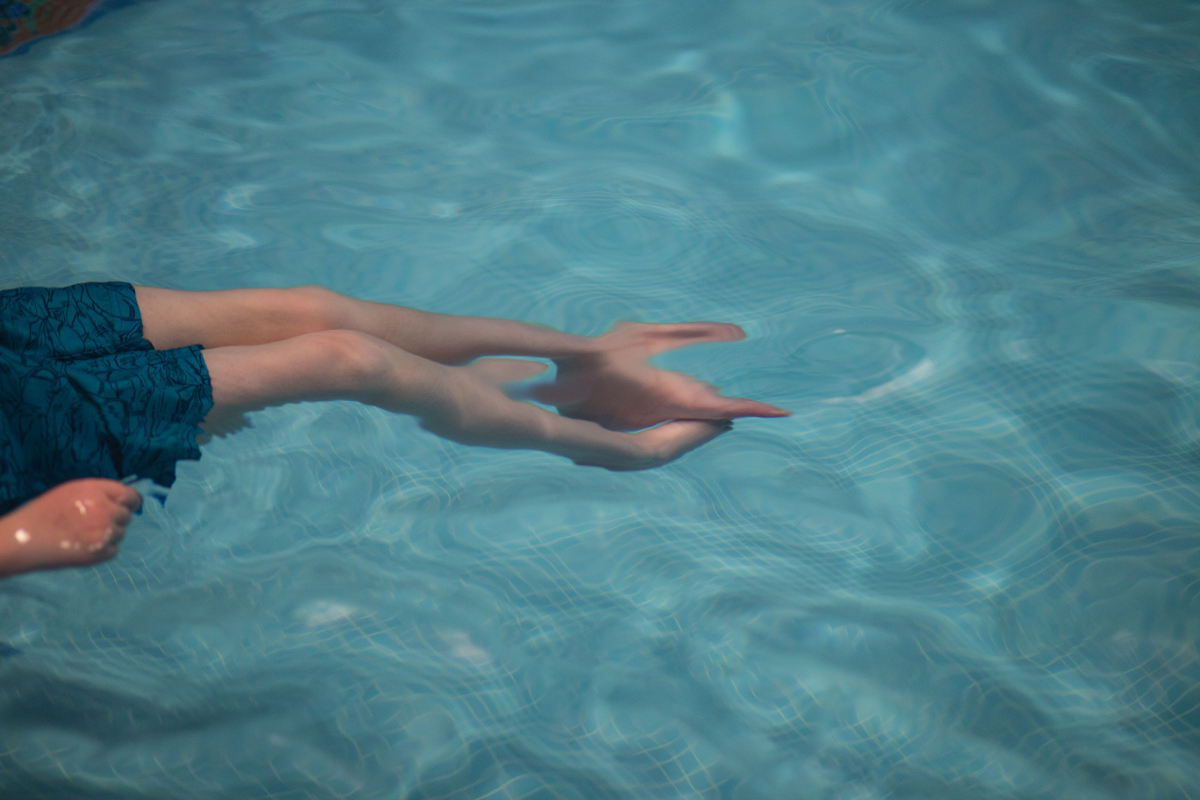
© Nicola Parry
Nicola Parry is a photographic artist and semi-professional portrait photographer. Her work explores people and their environments through projects which are governed by self-imposed rules which encourage her to look beyond the surface of her subjects. She is currently working on ‘Mr Wright’; a project exploring the impact of disability on families as well as developing her figurative projects exploring our relationships with the natural environment.
Nicola was shortlisted for the Marilyn Stafford Fotoreportage Award 2018 for her documentary essay ‘Mr Wright’. When Nicola shared the work with us, we felt it shone a light on a hugely important subject, and we wanted to share it more widely. So here’s Nicola, sharing a Close Up of ‘Mr Wright’, in her own words…
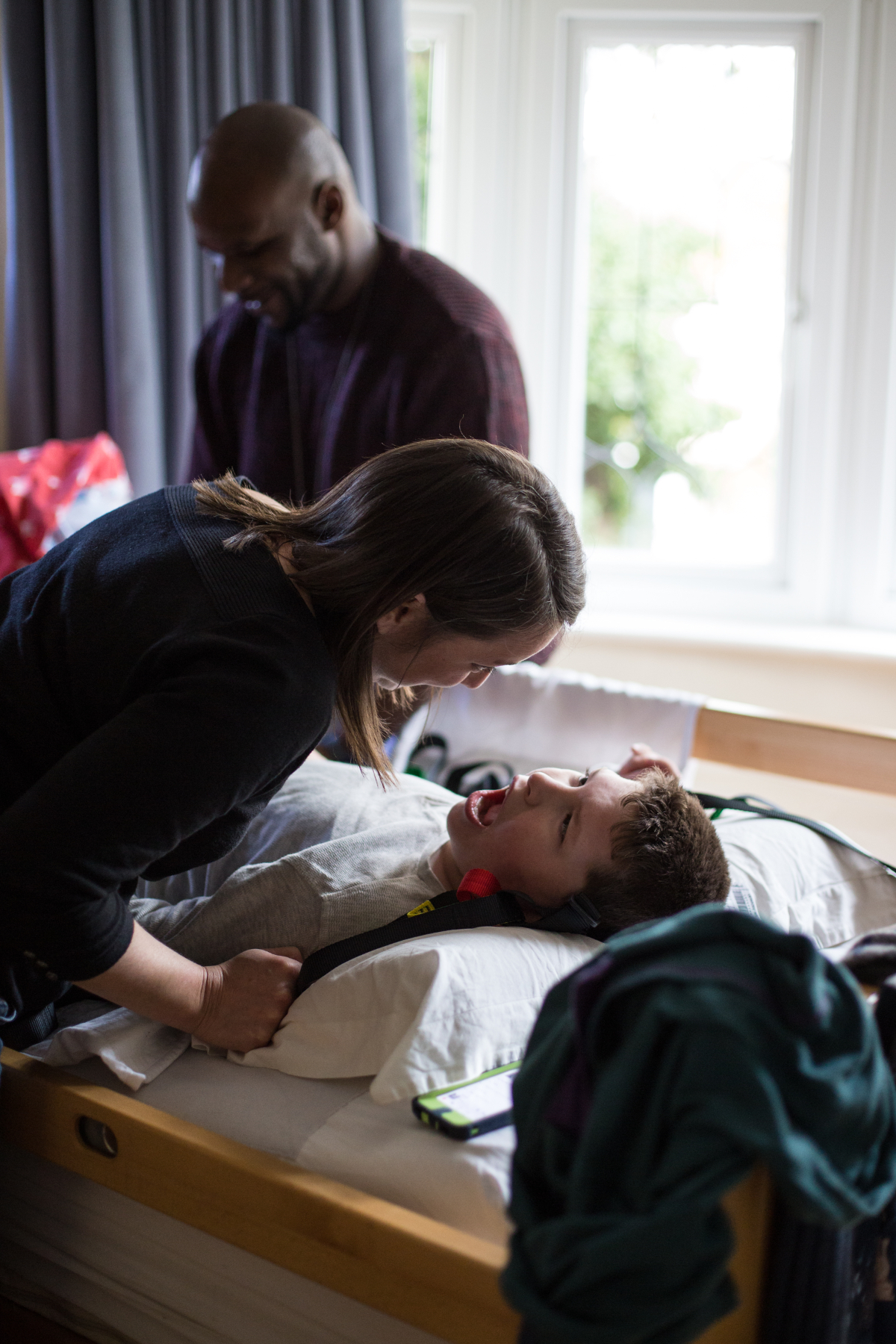
© Nicola Parry
I have worked within special education for about 17 years. In my early career, the disabilities of our pupils were generally more moderate with many pupils having the option of studying for GCSEs and going on to further education. However, the dynamics of the pupils attending our school have changed over the years as inclusion strategies have been developed and the needs of the children have evolved. Due to factors such as improved medical care and technology, babies born with severe impairments have a greater chance of survival. Therefore, the physical, medical and sensory needs of our pupils are far greater. This change has had a profound impact on our school and the changes to my own work have been quite substantial. Over time this change has continued to prompt me to reflect on the home lives of families that care for such children; as, despite the huge amount I have learnt and experienced, I still cannot imagine fully the impact of caring for a severely disabled child at home 24 hours a day, 7 days a week.
Mr Wright (S) and his family have been kind enough to provide me with an opportunity to begin my journey of question answering and hopefully to illuminate this issue. My young subject (S) is a bright, handsome lad of 12 diagnosed with severe brain damage after not breathing at birth. He depends upon others to fulfil all of his basic everyday wants and needs. S’ parents have a medical background and are very aware of their rights and the provisions available to them. They campaign for equality and support for families of disabled children as well as supporting others and providing information to other families and professionals. The Wright family have been allowing me to come in and out of their home at various times over the last year to observe and document their daily life on camera; from washing to eating, socialising to shopping.
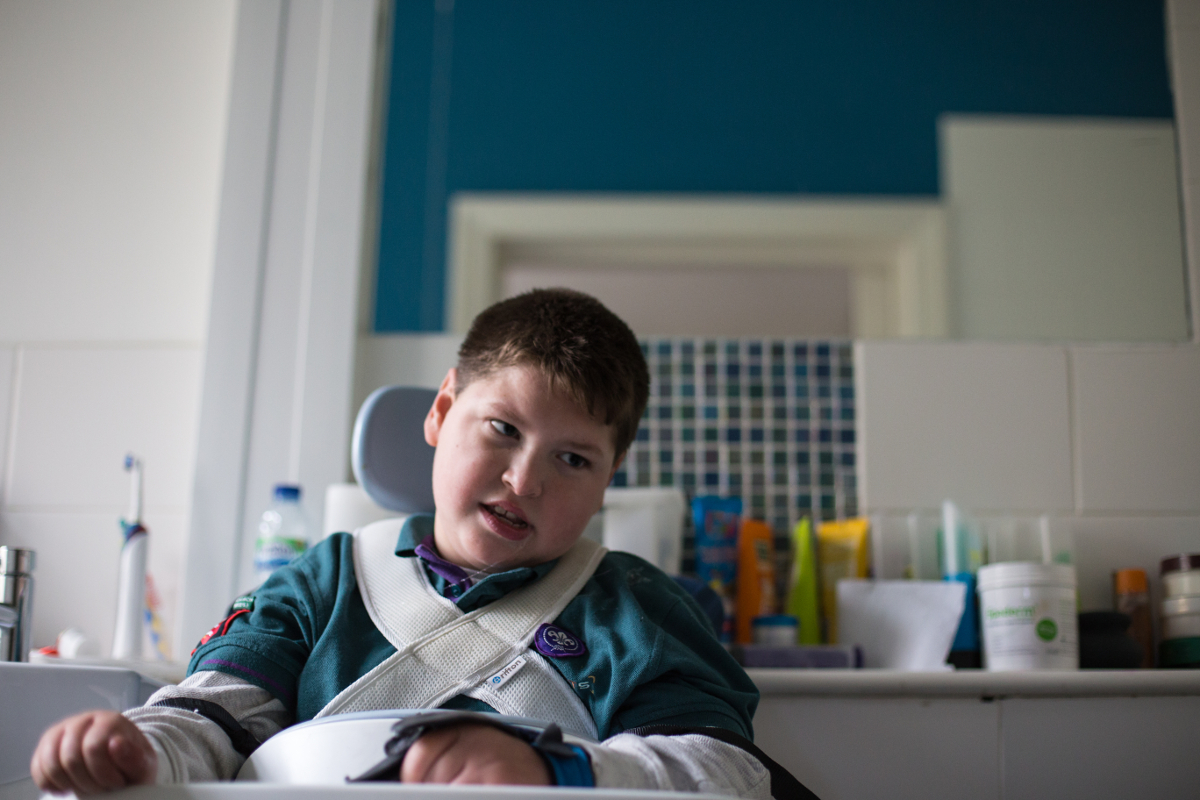
© Nicola Parry
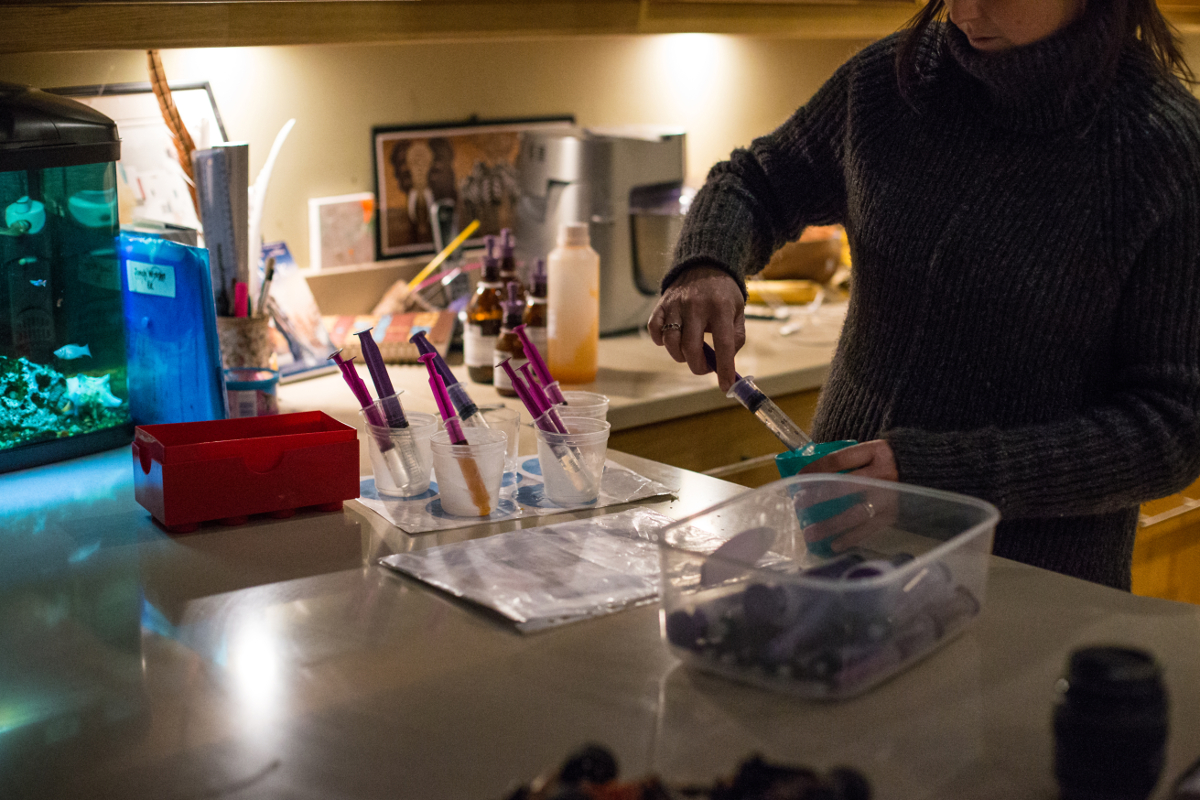
© Nicola Parry
From the outset it has been humbling to observe the lives of this family; of parents who have a life they never expected which involves feeding tubes, pumps, physiotherapy and endless hospital appointments; and of siblings who support their brother in ways which most will never have to.
Every time I have visited the family, I have observed how the simplest of everyday activities takes incredible amounts of time, organisation and energy and how this is a permanent feature of their daily lives. I cannot count the number of times I have huffed as I’ve had to stop what I’m doing to take one of my children to the bathroom, get something out they can’t reach or make another snack. But well before my children reach the age of 12, they will be self sufficient in these areas. S is a child who will never achieve the milestones which relieve the early pressure of parenthood such as walking, feeding and self care; S will depend on them for every need for the rest of his life.
A particularly affecting example of a situation I observed was seeing the family settle down to watch a movie after trekking out in very wintry weather to do some shopping one day. For the family (minus Dad who was working) with wheelchair and buggy, shopping in itself had seemed quite a feat to me; but back at home I then observed as S was skilfully manoeuvred into position on the sofa alongside his brothers using huge physical strength and various wedges. S then proceeded to scream unhappily for 10 minutes (whether in discomfort or in protest at the chosen film; he cannot say) before needing to be moved again to settle him and provide some relief for the other children. To be able to flick on a film for my children to watch when we are all tired or whilst I get on with some chores is something I have previously taken for granted. In fact most of us take such simple options for granted.
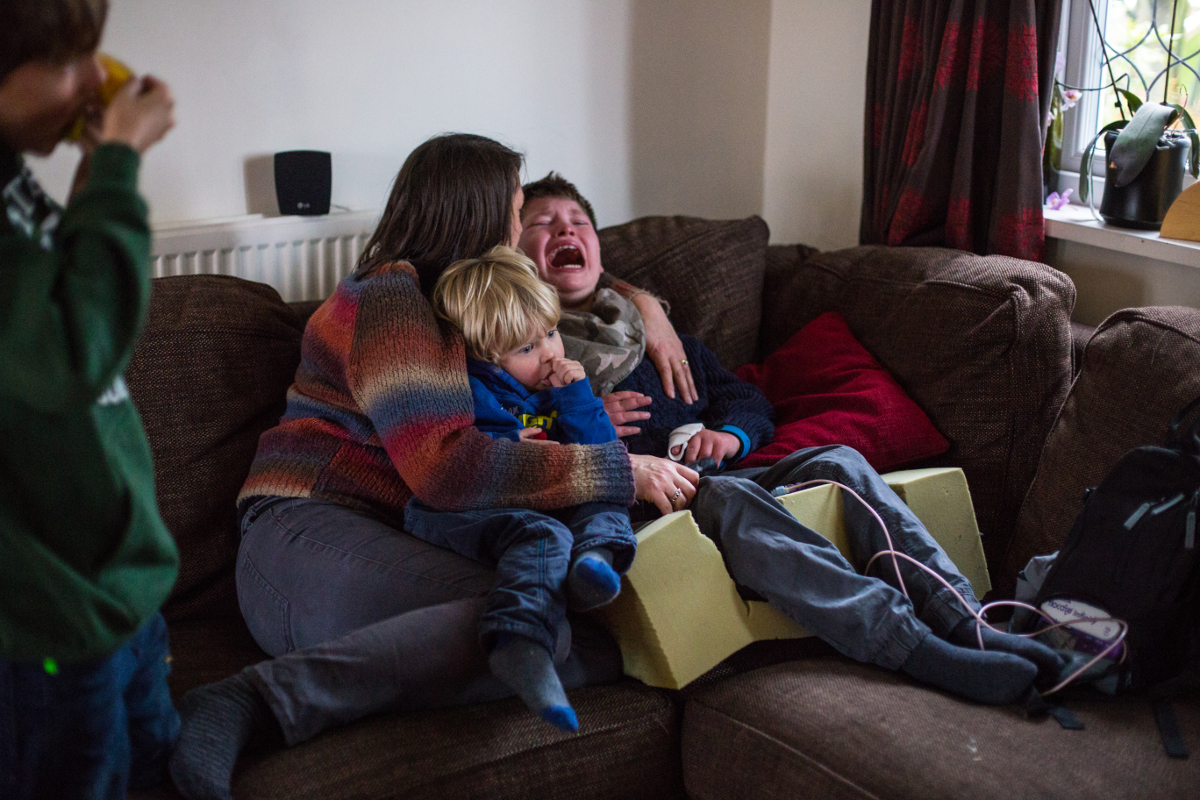
© Nicola Parry
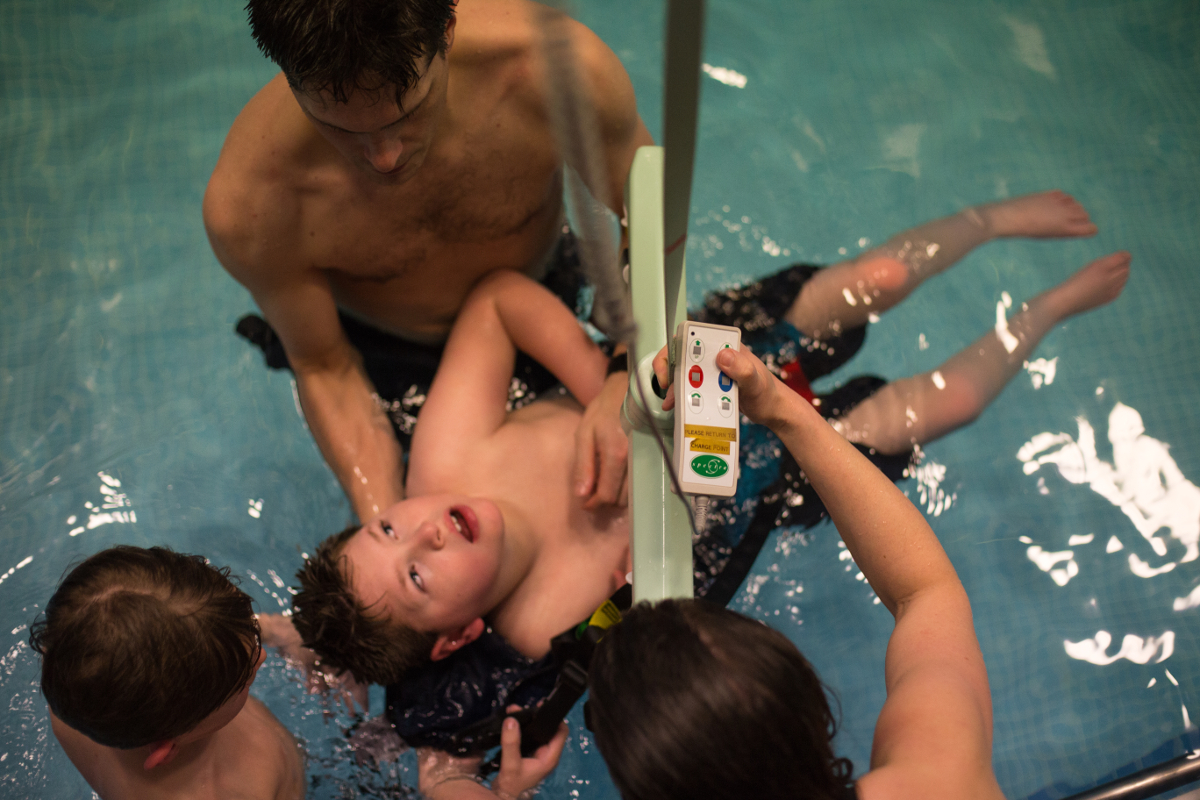
© Nicola Parry
Of course there is immense stress and joy in all parenting but the pressures of 24 hour care are damaging and should not be underestimated. Respite is essential.
“The gap in health and social care services in England today means that families face enormous difficulties in accessing even the most basic support. There simply isn’t awareness of the challenges faced by disabled children, young people and their families.”
– Amanda Batten, Chair of the Disabled Children’s Partnership
The Disabled Children’s Partnership are a coalition of charities who have carried out research into the funding and support available to families of children like S. Their 2018 survey suggested that ‘The vast majority (75%) of the 1,500 of parent carers surveyed … said that the quality of health services to support their children had grown significantly worse in the past few years.’ and that ‘Nearly half (45%) said that they were aware of imminent plans to reduce social and health care services for families with disabled children in their local area.’
The DCP also commissioned research which has calculated the current funding gap to be £1.5 billion. This is the amount needed to provide the necessary services for disabled children which will support families, improve their quality of life and prevent family breakdowns. These services include short breaks for parents and children to improve life experiences and support mental wellbeing, provision of equipment necessary to reduce the needs for surgery and support to help parents to stay in or return to work. I have seen first hand, just how vital these resources are.
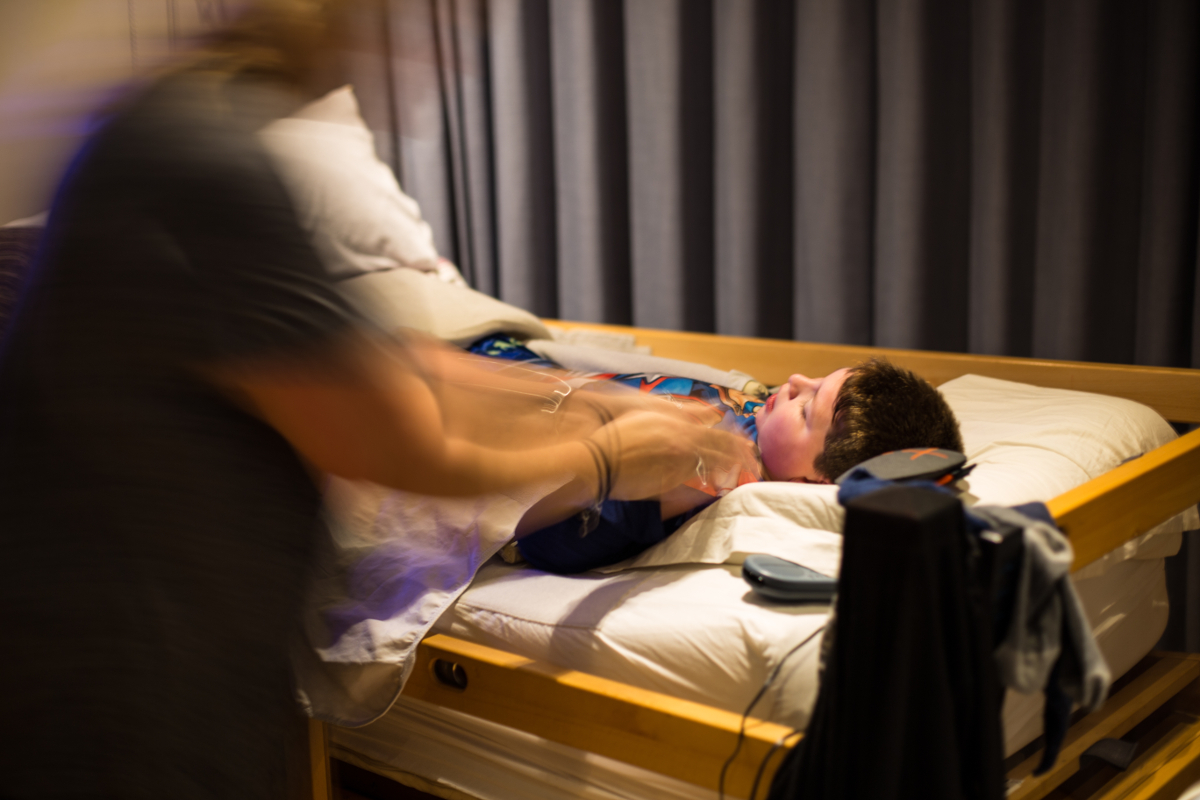
© Nicola Parry
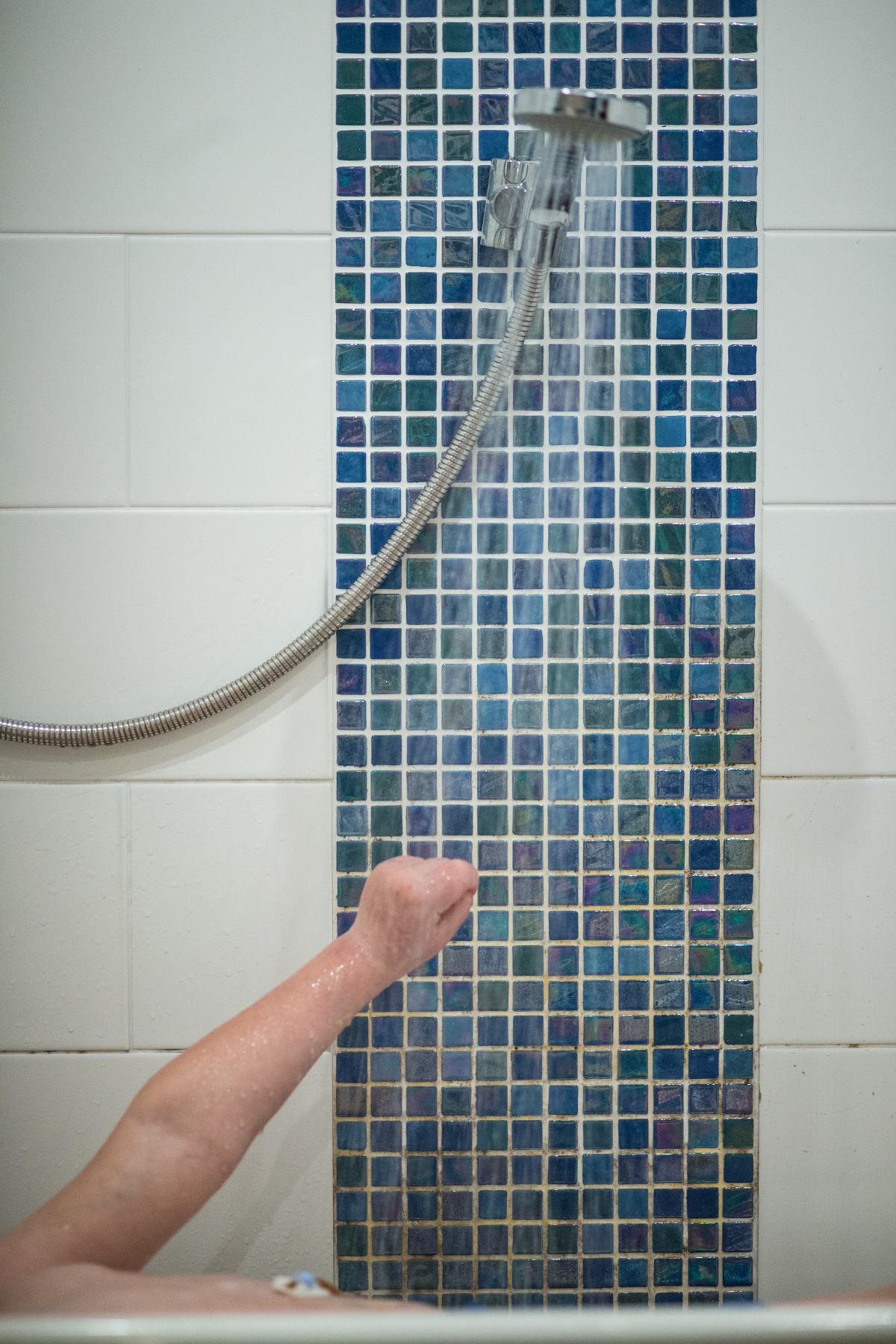
© Nicola Parry
As a photographer and a mother, the experience of working with the Wright family has taught me a great deal. I know that parenting is incredibly difficult but I fully understand that I have nothing to complain about. For some, taking the ‘easy life’ parenting option every now and again will never be an option; their children will always need their feeding tubes prepped and primed and put on, their position changed to prevent bed sores, their medication given and their teeth brushed for them twice a day. There is no room for tiredness, lazy days or temporary retreat from life.
I also realise that I have a responsibility through my work to help affect change. What started out as a personal and possibly self indulgent journey has very much become a project for a whole community of people who need support and understanding. I hope that in some small way I can help them to achieve this.
NB. I have not captioned these images individually. S himself is unable to communicate his situation verbally and relies upon what people see and assume. I hope that with this background information, my images alone will tell you his story.
Rachel (S’mum) says:
“No one really likes having their photo taken, especially not first thing in the morning with full-blown bed hair and scruffy PJ’s. When Nicola approached families asking for participation in her photo documentary I tentatively agreed to a conversation. From our first encounter I saw her desire to capture the reality of life for families like ours and trust began to form.
I guess I hoped that from the whole experience we would get a couple of ‘good’ images that we could print and display at home. What we have gained is so much more. I no longer value the ‘perfectly formed’ family photos but those images I didn’t notice Nicola taking while family life was in full swing. I have been surprised by the depth of the story found within each picture, the narrative of our lives and the complexity of having a child with severe disabilities.
Flicking through the images I am captivated by what I see. In so many ways they are simply a true representation of what ordinary life is like, but from each one I see the hidden truth of the juggling act we have come to accept as normal. For me, the greatest treasure gained has been a deeper appreciation of my role as a mother. I get it wrong so often but seeing Nicola’s images has opened my eyes to the magnitude of the task we face. I might even dare to say that really, I do a pretty good job.”
References:
Secret Life of Us Campaign: The case for a Disabled Children’s Fund, The Disabled Children’s Partnership, 2018





